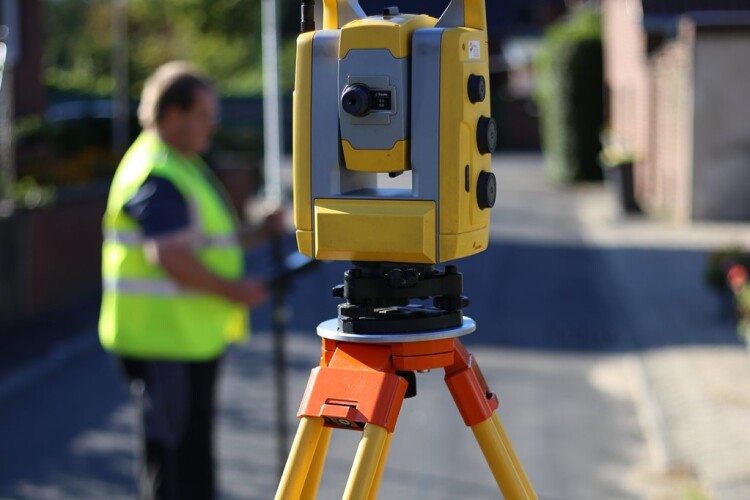This post was originally published on this site
https://www.theconstructionindex.co.uk/assets/news_articles/2025/10/1761553044_measurement-4204856.jpgThe government is planning legislation to relax the environmental permitting system to reduce developers’ red tape.
Environment minister Emma Hardy said that the changes to the environmental permitting system would remove early hold-ups for builders, speeding up construction of new housing and infrastructure in England by cutting red tape.
The Environment Agency will be empowered to consider which activities should be exempt from requiring an environmental permit, making the permitting regime quicker, more flexible and proportionate for low-risk activities, and helping to get the country building new homes and energy facilities.
Currently, certain pre-construction activities– including site investigations, the storage of waste materials and drainage operations – are required to acquire environmental permits before they can begin, despite posing only minimal risk.
These low-risk activities will be exempted from the permit application process, subject to appropriate controls, the government says. It reckons that builders could be saved up to 16 weeks of waiting by moving forward with projects, conducting site investigations and installing drainage channels, rather than being held up by a permit approval.
This means that many projects – such as solar and onshore windfarms – that do not require ongoing operational permits, will be able to be constructed without the need for any environmental permits where the right conditions apply. For example, an onshore wind farm that might currently require a permit covering multiple activities such as channelling and discharge of uncontaminated water (e.g. rainwater), storage of inert waste materials, preparing platforms for cranes and the installation of temporary floodwater barriers, may not require any permit at all if it meets the appropriate controls and conditions needed to uphold environmental protections.

Safeguards are promised to ensure that decisions do not come at the expense of the environment. The Environment Agency will be consulting on any proposed exemptions, based on transparent assessments of risk.
Environment minister Emma Hardy said: “We are committed to ensuring that environmental regulation works for everyone – protecting our towns and countryside from harm and delivering sustainable development.
“As part of the Plan for Change, a common-sense approach to environmental permitting in England will boost economic growth and unleash an era of building, while also keeping people and the environment safe.”
The Environment Agency’s chief regulator, Jo Nettleton, said: “Protecting the environment and sustainable development can and must go hand-in-hand. We welcome the government’s efforts to drive economic growth through a more proportionate permitting regime. We have engaged closely with the consultation on reforms to environmental permitting, and look forward to continuing our work as a fair and proportionate regulator for people and the environment while supporting business and sustainable economic growth.”
Legislation will be brought forward as soon as parliamentary time allows, the government said.
In Wales, the Welsh government supports the plan but, due to the regulations potentially having to be laid in or after the pre-election period, will not take a decision until after the Senedd elections in May 2026.
Got a story? Email [email protected]


